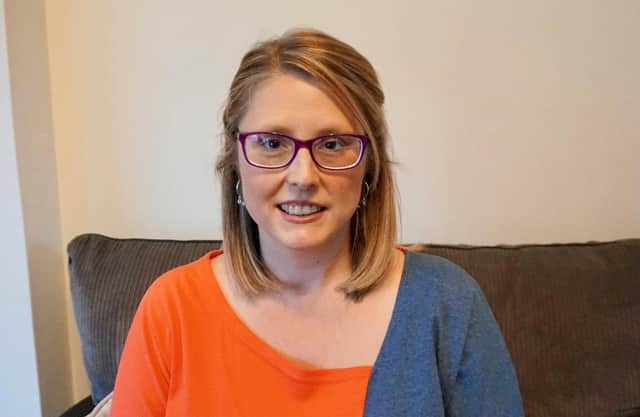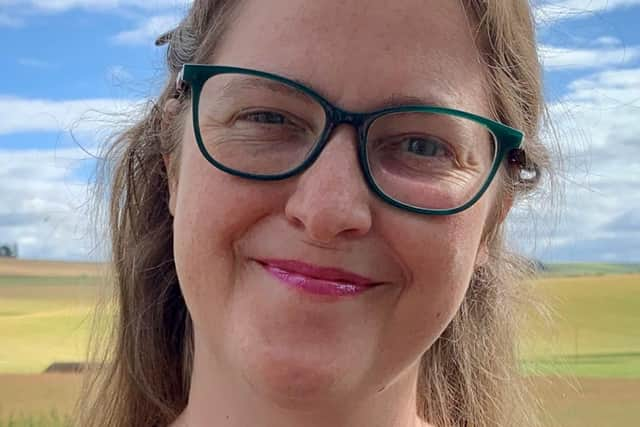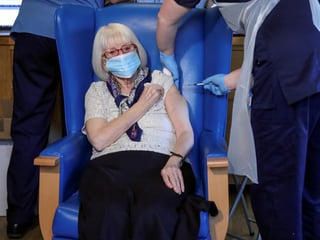Edinburgh scientists test lifesaving algorithm to help prevent heart attacks


The computer algorithm may be able to detect undiagnosed coronary heart disease in CT scans, thereby identifying patients at risk of heart attack.
CT scans, which are increasingly used to identify a range of diseases unrelated to the heart, can show signs of the arteries hardening.
Advertisement
Hide AdAdvertisement
Hide AdResearchers will develop an automated way of finding and measuring these signs. By linking them with other risk factors for heart disease, it’s hoped that in the future, this algorithm could detect patients at risk of heart disease and allow doctors to treat patients before they have a heart attack.


Edinburgh University has been given a £545,000 grant for the project from the British Heart Foundation.
The project is being led by Dr Michelle Williams, from the BHF’s Centre for Cardiovascular Science at the university.
“There are over 10,000 hospital admissions for heart attacks each year in Scotland alone and while survival rates have significantly improved over the years, it is vital we try to find new ways to stop them from happening in the first place,” Dr Williams said.
Advertisement
Hide AdAdvertisement
Hide Ad“There is much work to be done to develop and test such an algorithm, but ultimately we would hope it could be used to spot the signs of coronary artery disease in clinical practice and identify patients who may otherwise be missed.”
Lee Anne Porteous, from Paisley, who had a heart attack earlier this year at the age of 37, welcomed the research.
“I feel so lucky to be here to celebrate Christmas with my husband and my daughter, because I know others are not so fortunate,” she said.
"That is why research is important. I had to have a stent fitted because of a blocked artery. That procedure came about because of advances in research and so anything new that can be done to reduce the number of people dying from heart attack has to be welcomed.”
Advertisement
Hide AdAdvertisement
Hide AdMs Porteous began to feel unwell while out walking her dog in May.
She was sent to the Golden Jubilee Hospital in Clydebank where a stent was fitted to open a blocked artery.
“The care I received right from the start, from the paramedics through to the cardiac team in hospital was exceptional and I cannot thank them enough,” she said.
The algorithm will be developed and tested using CT scans from previous and on-going research studies at the university, including some also funded by the BHF.
Advertisement
Hide AdAdvertisement
Hide AdProfessor James Leiper, Associate Medical Director at the BHF, said: “This is an exciting project that in the future could have real implications for clinicians and most importantly, of course, for patients.
"It’s vital we find new ways to identify risk factors for heart disease so we can treat patients before symptoms occur. Over the years, research has played a pivotal role in increasing survival rates from heart attack. In the 1960s, more than seven out of ten heart attacks in the UK were fatal.
"Now, thanks in part to research funded by the BHF, at least seven out of ten people survive and we hope new projects like this one in Edinburgh could help save and improve many more lives.”
